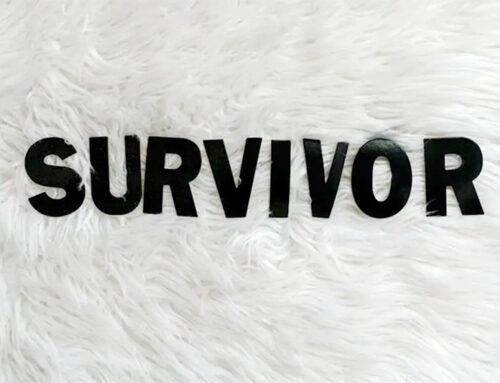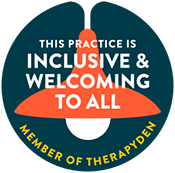How Childhood People-Pleasing Behaviors Impact Parenting: Exploring the Influence of Narcissistic Upbringing

By Brenda Stephens, LPCC
People-pleasing behaviors learned in childhood, especially as a child of a narcissistic parent, can influence how one parents their own children. Children of narcissists often learn to suppress their own needs and desires to cater to the emotional state and demands of the narcissistic parent, which can lead to the development of people-pleasing habits. Here are several ways in which these learned behaviors can play out in parenting:
1. Struggle with Boundaries: As a parent, the child of a narcissist might find it challenging to set healthy boundaries with their own children because they may equate saying “no” or enforcing limits with rejection or being unloving.
2. Overcompensation: Out of a desire to be different from their narcissistic parent, they may become overly permissive, constantly trying to please their children and avoid conflict at all costs, potentially leading to a lack of structure and discipline.
3. Hyper-attunement to Children’s Needs: Being hyper-vigilant to the needs and moods of their narcissistic parent might translate into a heightened sensitivity to their own children’s emotional states, which can be both positive (in terms of empathy and support) and negative (if it causes the parent to neglect their own needs or fail to teach their child about the importance of frustration tolerance and delayed gratification).
4. Anxiety About Parental Performance: Growing up with a narcissistic parent can lead to a constant pursuit of approval. This may manifest in anxiety about their own performance as a parent, which can be exhausting and may sometimes lead to decision-making based on what is most likely to be met with external approval rather than what is in the best interest of the child.
5. Replication of Familial Dynamics: Without conscious effort and self-awareness, there is a risk of unconsciously replicating the same family dynamics they experienced, where their child either becomes a people-pleaser or takes on other roles common in families with narcissistic patterns.
6. Avoidance of Emotional Intimacy: Some may find it difficult to connect emotionally with their children because they fear repeating the unhealthy dynamic they had with their narcissistic parent, which might result in emotional detachment.
Breaking the Cycle: Awareness is the first step in breaking the cycle of a people-pleasing line of parenting. Parenting classes, therapy, and support groups can be valuable resources for those who wish to confront and heal from their childhood trauma. Cognitive-behavioral techniques can help in restructuring thought patterns, while parenting strategies that focus on assertive communication and healthy boundary-setting can restructure the familial environment.
The cultivation of self-care rituals is crucial for parents emerging from the shadows of a narcissistic upbringing. By healing their own wounds and reestablishing a sense of self, they can interact with their children in ways that are whole and authentic, rather than reactive and patterned.
Reevaluation and Growth: As people-pleasers turn inward to reassess their automated responses, they often find opportunities for growth. By dissecting the fears and motivations behind their behaviors, they become capable of forming parenting practices that are more mindful and less reactionary.
Conclusion: The journey from childhood people-pleasing to healthy, balanced parenting is challenging yet attainable. It’s important to recognize that these deeply embedded responses are a legacy of a narcissistic upbringing, but they are not destiny. With conscious effort and support, the cycle can be broken, allowing for parent-child relationships that are rooted in healthy connectedness rather than past traumas. By addressing these behaviors, parents can create a new legacy—one defined by resilience, understanding, and unconditional love.








